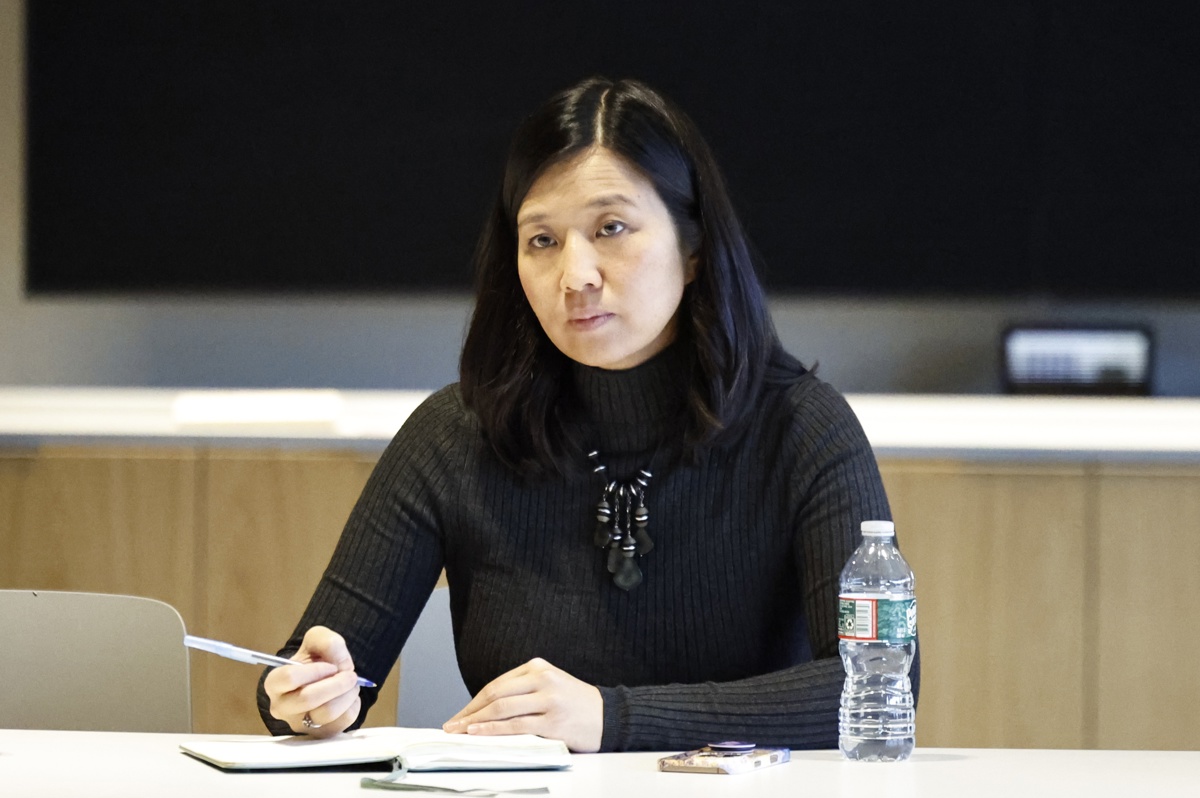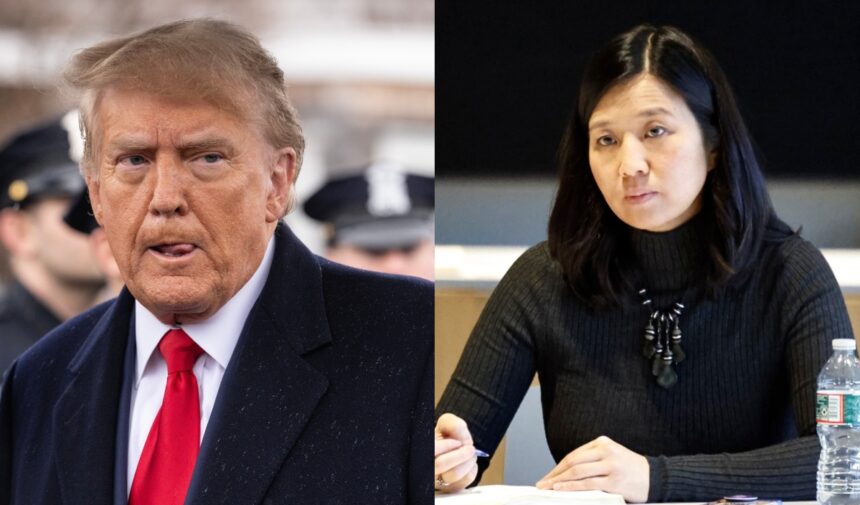President Donald Trump’s administration stepped up its offensive against so-called sanctuary cities on Thursday, September 4, by filing a federal lawsuit against the city of Boston and its mayor, Michelle Wu.
The lawsuit is for maintaining immigrant protection policies that, according to the Department of Justice, “interfere” with the enforcement of federal immigration laws.
Boston under the spotlight

Boston, the capital and most populous city in Massachusetts, has been a national leader in immigrant advocacy for years.
Its local regulation, known as the Boston Trust Act of 2014, prohibits municipal police from collaborating with ICE (Immigration and Customs Enforcement) to detain or deport undocumented persons solely on the basis of their immigration status.
Mayor Michelle Wu recently reaffirmed, in remarks to WBUR, that any officer who shares information with ICE in violation of this policy will face disciplinary sanctions.
For the Trump administration, that stance represents a direct challenge to its restrictive immigration policy.
The federal government’s arguments

In the statement of claim, U.S. Attorney General Pam Bondi accused Michelle Wu of “explicitly executing policies designed to undermine law enforcement and shield illegal aliens from justice.”
The Justice Department argued that Boston’s failure to cooperate with ICE “results in the release of dangerous criminals into police custody who would otherwise be subject to deportation.”
According to the lawsuit, this practice places public safety at risk and contradicts the constitutional obligation of cities to abide by federal law.
A broader strategy against sanctuaries

On August 5, the White House published a list of jurisdictions considered “sanctuary” jurisdictions to pressure mayors and governors to abandon these policies.
These include New York, Los Angeles, Chicago and Denver, in addition to states such as California, Illinois and Colorado, which are already facing similar lawsuits.
Trump had already tried in his first term to freeze federal funding for sanctuary cities.
Although in most cases it lost in federal courts, where judges determined that these measures violated the autonomy of local governments.
This time, the government seeks to set a stronger legal precedent that will allow it to force cities to cooperate with ICE.
Trump vs. Boston Mayor
Mayor Michelle Wu, the daughter of Taiwanese immigrants and the first woman of color to lead Boston, has consistently championed the importance of community trust policies.
According to Wu, when immigrants are not afraid of the police, they are more willing to report crimes and cooperate with investigations, which strengthens security throughout the city.
“Boston will not back down from its commitment to protect immigrant families.
“Our policies are designed to ensure everyone’s safety, not to divide our communities,” he said in a pre-suit statement.
What is at stake
The legal battle in Boston could become a key case in defining how far the federal government can go in its attempt to force local governments to cooperate with immigration enforcement.
For the Hispanic community in Massachusetts, which represents about 12% of the state’s population, the lawsuit raises concerns.
Activists warn that, if successful, thousands of immigrants could be more exposed to detention and deportation, which would generate fear in neighborhoods where there is already distrust towards authorities.
The lawsuit against Boston reflects the Trump Administration’s strategy to directly confront sanctuary cities in 2025.
As the case proceeds through the courts, tension is growing between the White House and local governments defending their right to protect immigrants as a fundamental part of community safety.
Nuestras políticas están diseñadas para garantizar la seguridad de todos, no para dividir a nuestras comunidades
Alcaldesa Michelle Wu














